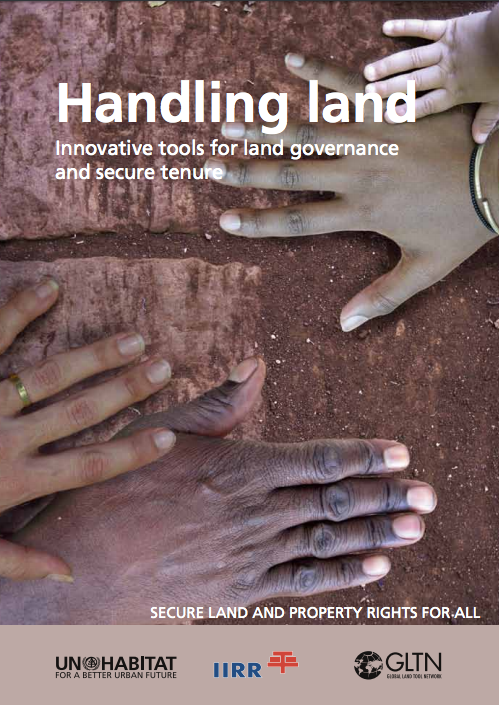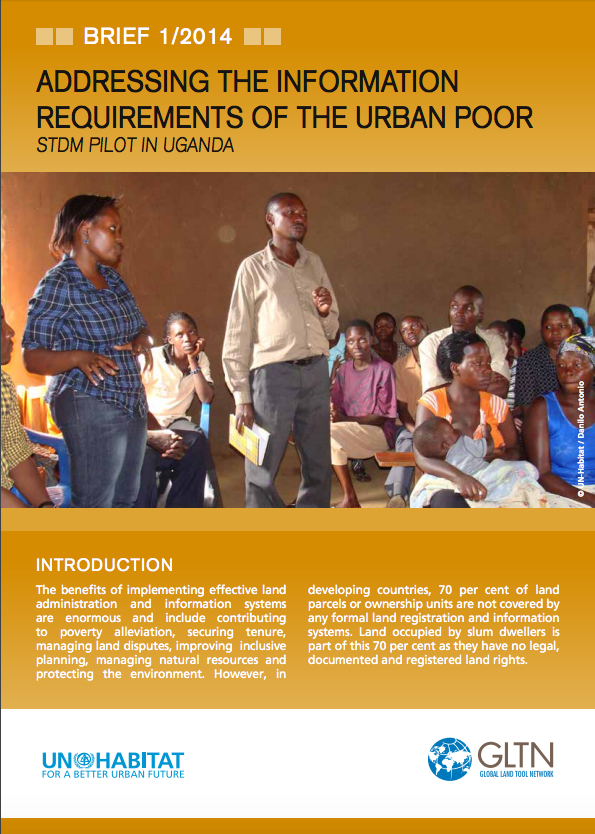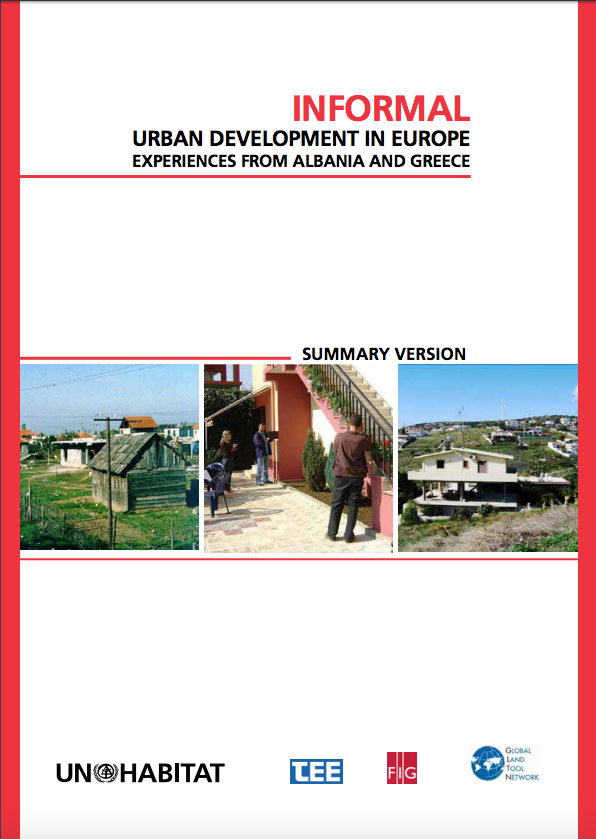Vertical coordination in high-value commodities
"Rising per capita income, urbanization and globalization are changing the consumption basket in the developing countries towards high-value commodities (like fruits & vegetables, milk, meat, poultry, fish, etc.). This paper explores how smallholders can benefit from the emerging opportunities from a silent demand-driven changes in high-value agriculture in India.






